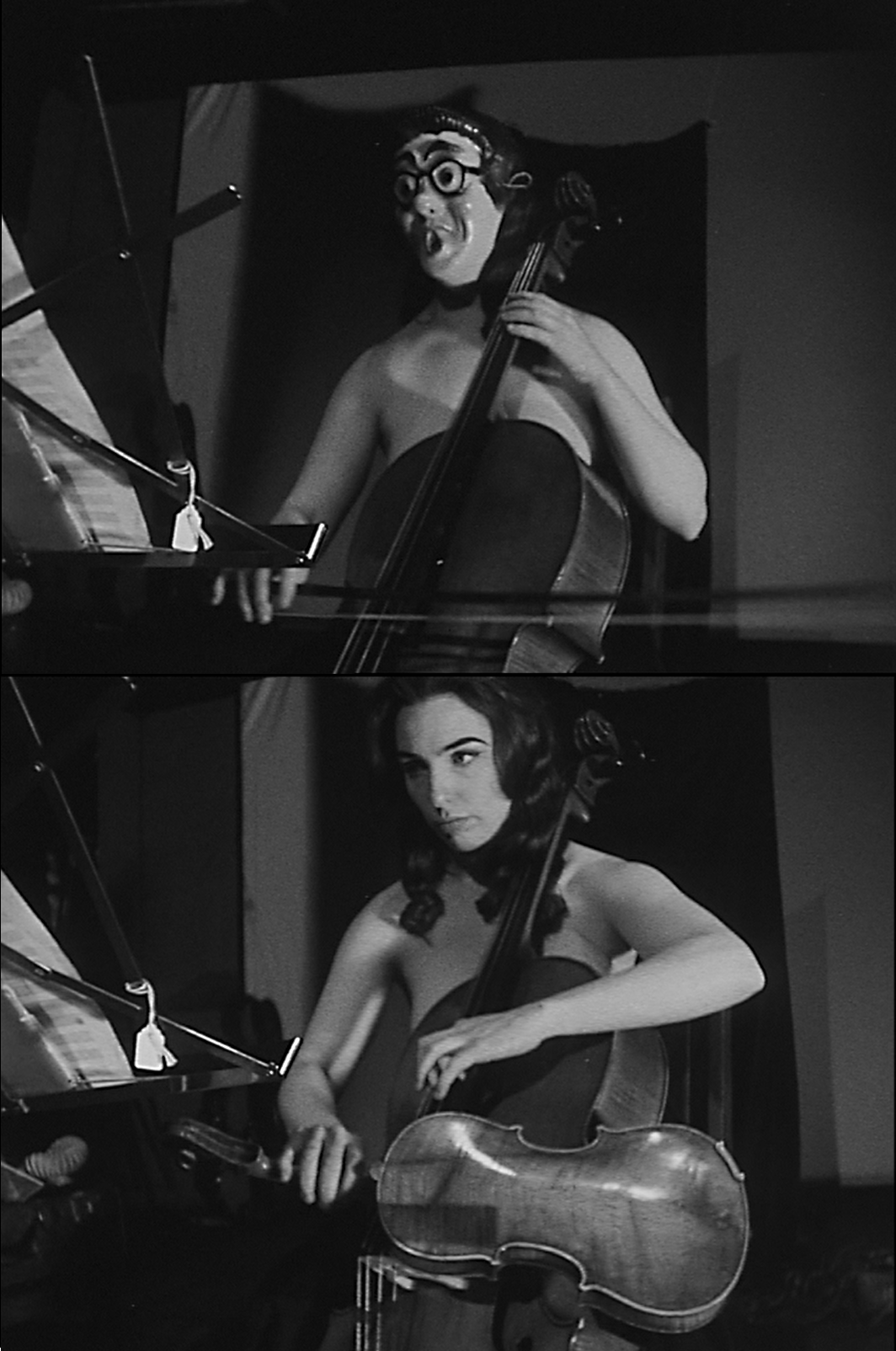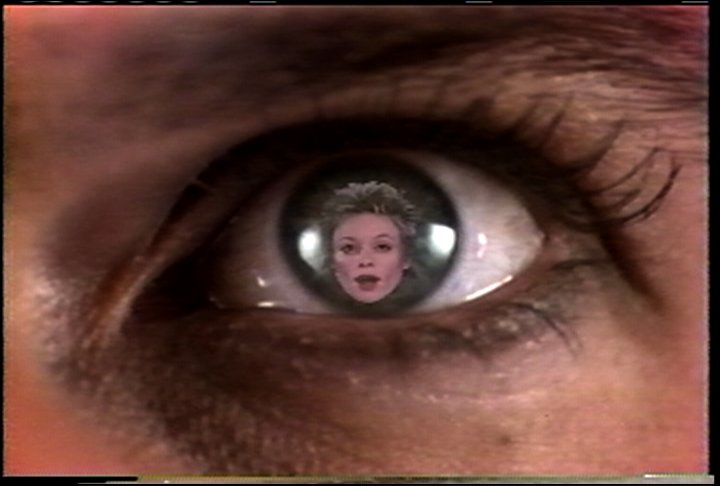
The second screening of the series is a documentary about Charlotte Moorman, Topless Cellist, and Charlotte Moorman's performance Opera Sextronique. Topless Cellist is a documentary by TV producer and writer Howard Weinberg and Nam June Paik that looks at the life and work of Charlotte Moorman through the eyes of her artistic colleagues, former teachers and friends. Interviews with Charlotte's closest colleagues, including Otto Piene, Christo and Jean-Claude, Yoko Ono, and Nam June Paik, as well as archival footage of Charlotte's performances, reveal a new understanding of an artist who was always improvising, always seeking change, and always wanting people to experience art.
Opera Sextronique was performed in 1967 at the Filmmakers' Cinematheque in New York City, where Charlotte was arrested and tried by the police after performing two of the four movements. After this performance, Charlotte gained fame in the United States as the "topless cellist" who questioned taboo sexuality in music. The incident led to her dismissal from the American Symphony Orchestra and a conviction and probationary sentence for obscenity, but it also led to changes in New York State's performance laws. Opera Sextronique, presented by Nam June Paik Art Center, is the only documentation of this legendary performance, a reconstruction of the performance filmed for Moorman's trial shortly after her arrest.
Charlotte Moorman was born in 1933 in Little Rock, Arkansas, and studied cello from the age of 10. She rose to prominence as a member of the American Symphony Orchestra and has performed with many experimental artists, including Nam June Paik, as well as John Cage, Joseph Beuys, Jim McWilliams, and Yoko Ono. Charlotte first met Paik when she organized a revival of Karlheinz Stockhausen's Originale for the 2nd Annual New York Avant Garde Festival (1964) and worked with him for nearly 30 years as a performer and artistic collaborator.
Rendez-vous Céleste: Charlotte Moorman





